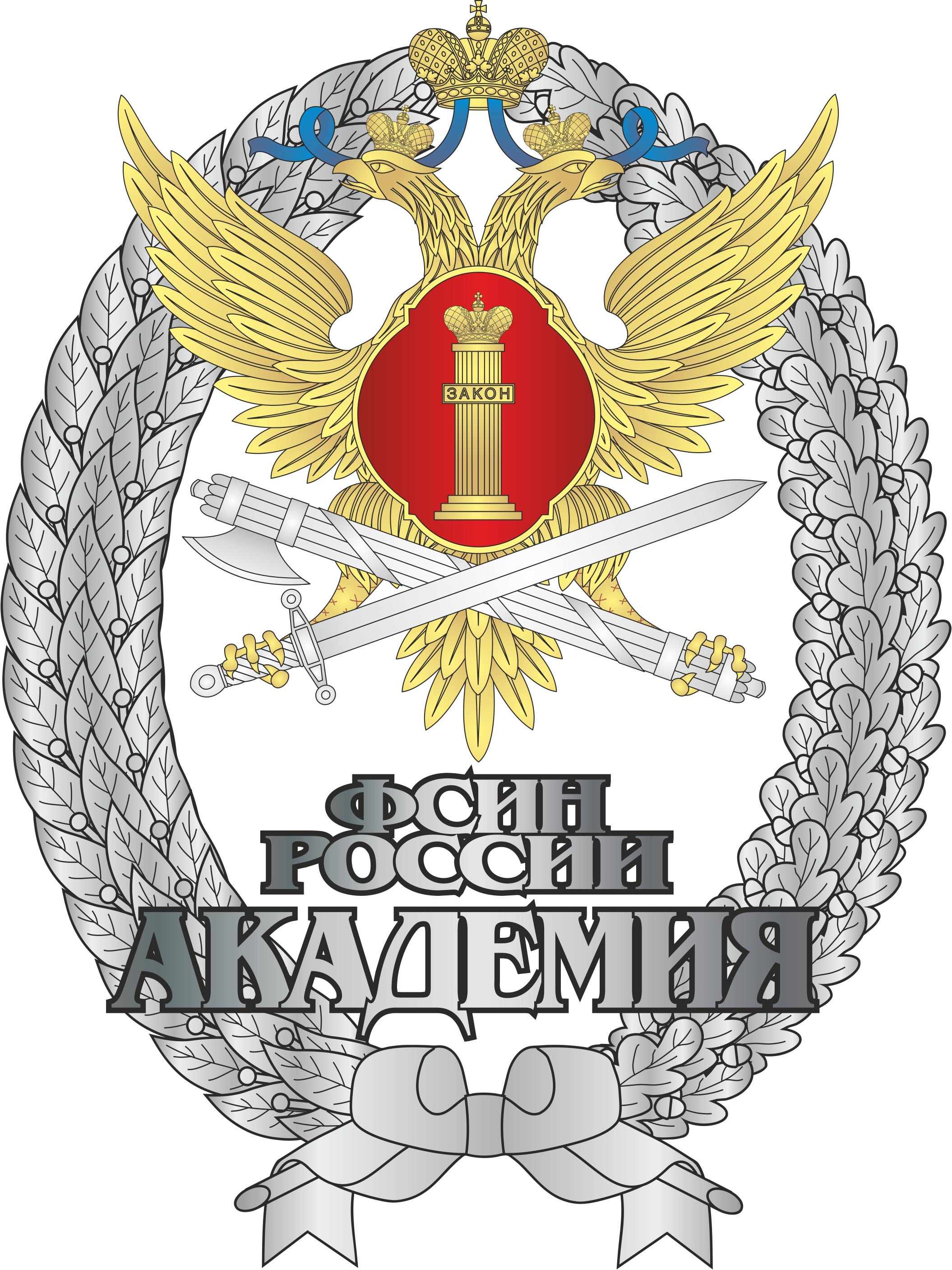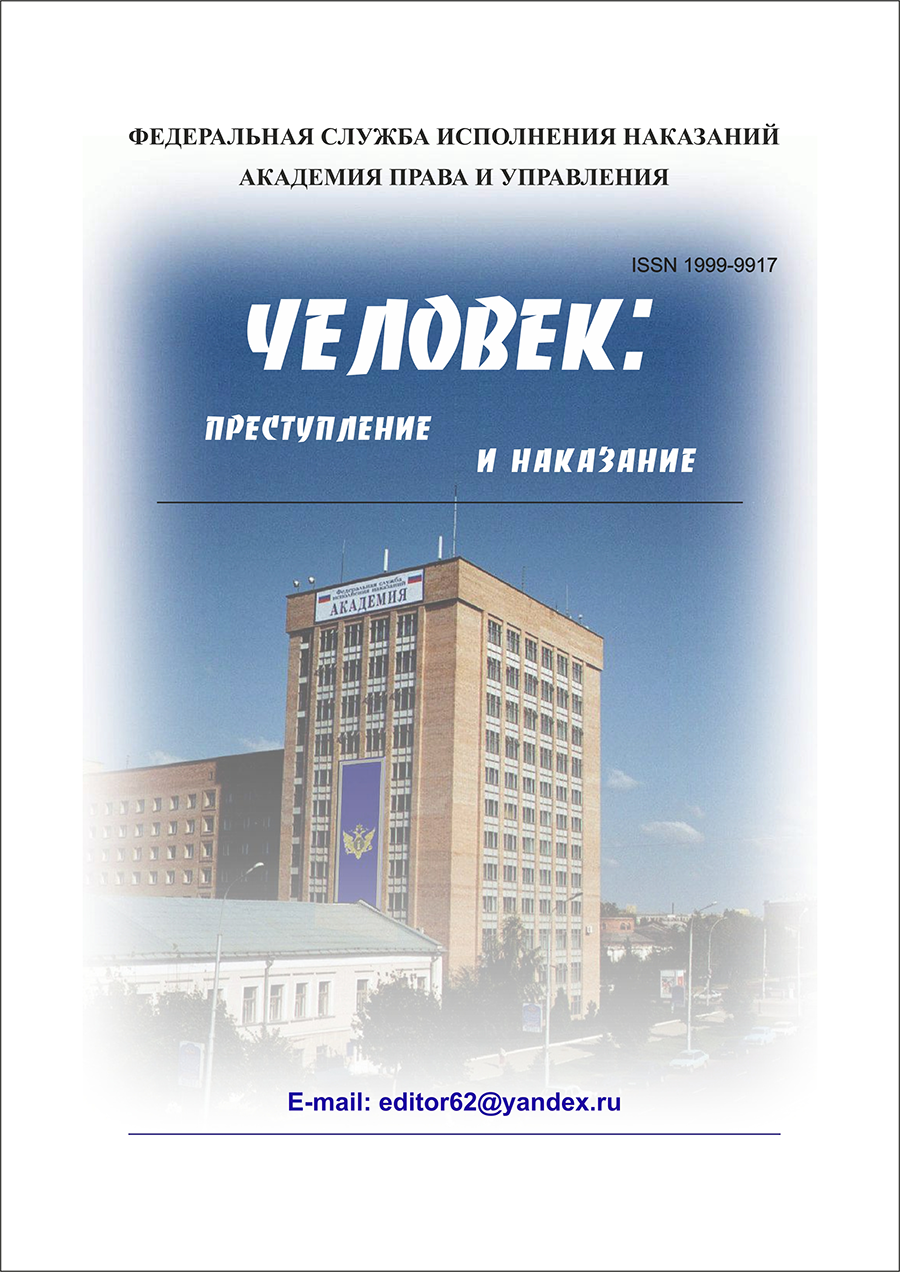UDC 34
Today a question of calculation of pensions to persons previously serving a sentence is raised. As the study showed this issue is very poorly described and developed by all participants of this process - staff of the Federal penal service, Pension Fund and the convicts themselves.During the implementation of the pension reforms the crucial points for the calculation of the pension have become the working period and pension points. As for persons serving sentences it is difficult to account for these indicators. The article considers the algorithm of confirmation of working experience and increase of pension points by convicts depending on the sentence and type of correctional institution. In particular, the differences in the accounting of indicators and reporting in the performance of compulsory, correctional and compulsory and forced labor are given. The nature of the problems is revealed taking into account the period of sentence with isolation of a convict from society. The absence of work and the inability of the administration of the correctional institution to provide it to convicts not only generates social tension, but also contributes to the difficulties of the convict after his release.
enforcement of penalties, pensions, penal colony, compulsory work, correctional labor, forced labor, insurance, pension, pension points
1. Loseva S. N., Garnik S. V. Organizaciya truda osuzhdennyh v usloviyah reformirovaniya UIS // Ugolovno-ispolnitel'naya sistema: pravo, ekonomika, upravlenie. 2016. № 3. S. 16-19
2. Kustov M. N. Prokurorskiy nadzor za ispolneniem zakonov, reguliruyuschih trud osuzhdennyh v ispravitel'nyh uchrezhdeniyah // Yuridicheskaya mysl'. 2017. № 3(101). S. 87-92
3. Antonyan E. A. Pravovoe regulirovanie truda osuzhdennyh i ego vliyanie na effektivnost' proizvodstvennogo sektora otechestvennoy ugolovno-ispolnitel'noy si- stemy // Vestnik Moskovskogo gosudarstvennogo oblastnogo universiteta. Ser. Yurisprudenciya. 2016. № 4. S. 57-62









